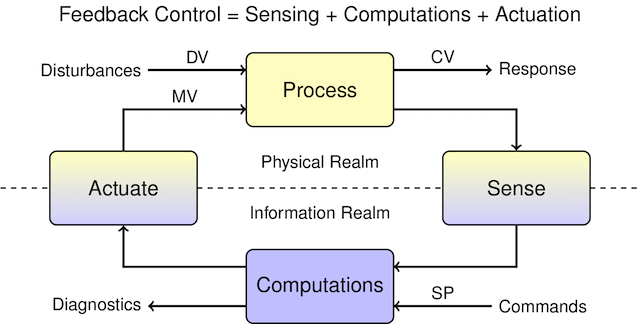Style Sampler
Layout Style
Search News Posts
General Inquiries 1-888-555-5555
•
Support 1-888-555-5555
Batch Process Analytics
Many big chemical companies are investing in a strong specialty chemicals portfolio. This post examines the reasons behind this development and the impact that batch analytics can have on a company’s market position.
Significant investments by big chemical companies in high value specialty polymers among others indicate that the importance of specialty chemicals, and therefore of batch production, is on the rise. While many organizations are still struggling to realize the value that data analytics could bring to their market position, forward-thinking companies have moved ahead of the curve to digitalize their production.
These pioneers have used trends like self-service analytics to create a digitally enabled workforce in order to strengthen their market position and create the most profitable factories of tomorrow. The reasons for this change are unrelated to hype – they are firmly based in financials, such as the return on invested capital (ROIC) performance which represents their operating profitability.
The hype of Machine Learning (ML) is revitalizing the chemical industry. The implications of AI and machine learning at the bottom line of the chemical business impacting the decisions of manufacturers and suppliers. ML in the chemical industry is maturing and has a wider impact on every type of chemical industry, from oil refineries, agricultural chemicals, ethanol products to household chemicals. Machine Learning transformed the infrastructure of the value chain in the chemical industry, which leads to more productivity and innovation.
AI-aided polymer design is about forty times faster than conventional approaches. Beginning with a very large number of candidate polymers, the AI technology can predict polymer properties in less than one second per polymer, according to Showa Denko K. , a Japanese Company.
Bayesian optimization enables us to survey a larger variety of polymers possessing a desired property by considering the tradeoff between high expected performance and high uncertainty,”
High uncertainty indicates that the polymer has not been examined in the past, and high performance indicates the polymer’s appropriateness for meeting a set of property requirements. SDK believes that the high-speed prediction enabled by AI will provide a competitive advantage in the development of new products by evaluating a massive amount of candidate materials in a short amount of time without the need for manual experimentation.
Since AI and machine learning are still relatively new concepts in the polymers industry, many companies are not aware of how deeply these tools can provide business competitiveness. “The main input for AI algorithms is historical data. In the polymer industry, the amount and variety of unprocessed data is incredibly high. It is clearly a matter of time until these tools become more commonly used to realize the full benefits of these data,”
Our data scientis team is currently working on a novel, realtime decision-making module to provide AI-based optimization techniques for polymer producers and processors. Considering numerous control factors, such as reactor pressure, temperature and feedrate, as well as the impact of these parameters’ variations on other properties, the module will enable users to predict and tailor final product properties without conventional trial-and-error development techniques. Moreover, according to AxiPolymer, the module can provide guidance on necessary changes in the current state of the system based on practical constraints to maintain the target properties of the final product.
If you need any help with idea validation, proof-of-concept, Data Science consulting, large-scale AI implementation, Big Data Engineering, or a creative solution for your industrial data. You are at the right place.
